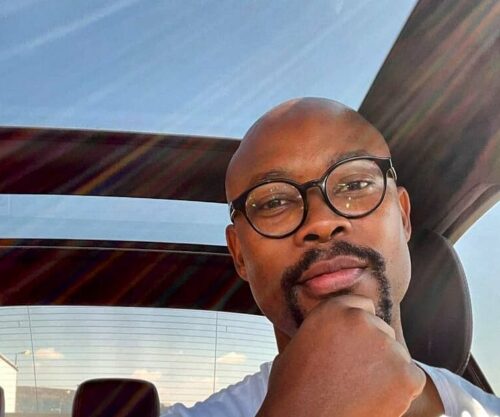
Danie Botha Addresses Rapture Claims After Social Media Frenzy
South African gospel singer and preacher Danie Botha has issued a heartfelt apology after a recent prediction about the timing of the biblical rapture caused a social media storm. The singer, known for his inspirational music and sermons, admitted he had been wrong in setting a specific date for the event.
The controversy erupted last week after South African self-styled messenger Joshua Mhlakela claimed the rapture would occur on Tuesday or Wednesday, September 23 and 24. Mhlakela shared his vision on the YouTube channel CettwinzTV, describing a vivid encounter with Jesus on His throne and announcing that the long-awaited event was imminent.
Social Media Reacts: Concern, Curiosity, and Humour
As the dates passed without incident, online discussion exploded. Some users expressed relief that nothing dramatic occurred, while others poked fun at the hype. The mix of anxiety and humour highlighted how deeply the rapture concept resonates in South African Christian communities.
Religious commentators also weighed in. Mahlatse Letoka reminded followers that Christian teachings do not specify the exact timing of the rapture. “Let us be grateful for the delay, as it’s an opportunity to keep preparing,” he wrote, stressing patience and faithfulness.
Botha’s Vision and Public Admission
Botha, who had joined the conversation with equal confidence, claimed the Holy Spirit had revealed the dates to him in a dramatic vision. “Big golden letters appeared in front of me, which said: ‘Flight 923. You must be ready to depart,’” he explained.
However, only days after his bold announcement, Botha went live on Facebook to acknowledge the error. He apologised directly to followers and stressed that he never intended to mislead anyone.
“Ladies and gentlemen, I am very sorry that this took place,” he said. “If I have caused any harm to anyone, emotionally, in any way, or if I have pulled anyone from the faith, I am truly sorry from the bottom of my heart.”
Clarifying His Message
Botha emphasised that his broader spiritual mission remains unchanged. “Am I a false prophet? No. Because I lead people to Jesus. False prophets take people away from the Lord. I bring people to the Lord,” he insisted, defending his role as a preacher despite the misstep.
He acknowledged where he had gone wrong: attaching a specific date to the rapture. “Where I made a mistake is to put the date on it,” he said, referencing 2 Thessalonians 2 and the timing of prophetic events.
A Call for Vigilance
While apologising, Botha reminded believers of the ongoing importance of spiritual readiness. “The time is here,” he concluded, urging followers to remain vigilant and faithful in their walk with Christ.
The Broader Context
This incident highlights a recurring pattern in religious circles worldwide: prophetic claims often capture attention, spark debate, and sometimes go viral, especially on social media. In South Africa, where gospel music and charismatic preaching play a significant cultural role, predictions about end-times events attract both excitement and scrutiny.
For many, Botha’s public apology reinforces a key lesson: faith and interpretation are personal, and even well-intentioned spiritual leaders can misread visions or symbolic experiences. Social media chatter may amplify the drama, but it also opens space for dialogue, reflection, and, ultimately, humility.
Source: IOL
Featured Image: The Star




